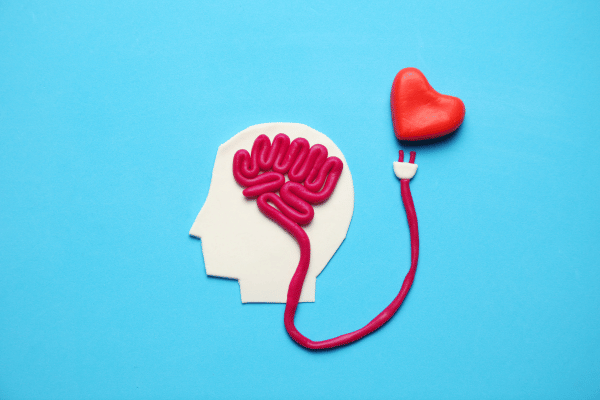You Can Learn How to Be Compassionate

I have been captivated for a week by a new book—Wonder Drug: 7 Scientifically Proven Ways That Serving Others Is the Best Medicine for Yourself by 2 doctors—Dr. Stephen Trzeciak and Dr. Anthony Mazzarelli. The book’s subtitle is a strong clue to its fascination for me, but it can be for you, too. Mazzarelli and Trzeciak make an ironclad case for the therapeutic value of serving others for everything from chronic inflammation, to depression, to high blood pressure to just about any malady you can name.
What makes their book unique from others about serving others is ALL the points they make about how good serving others is for us come from actual medical studies conducted by doctors, medical schools and/or hospitals. As they state in their Introduction, they do not present anything that is not evidence-based.
One of the points they make is that compassion can be learned. It is a myth that some of us are naturally compassionate and some of us are not and there is not much we can do about it. I want to share some of what Mazzarelli and Trzeciak say on this topic.
Our mind can be trained
A lot of people believe intellectual capacity is inherited—but science doesn’t bear that out. That’s especially true for compassion or empathy. (Empathy and compassion are closely related but they are not the same. Empathy is the ability to feel what another person is feeling. Compassion acts on that feeling. Empathy is the sadness we feel when we encounter a person who is suffering; compassion does something to try to alleviate the suffering.)
Stanford professor Jamil Zaki says genetic inheritance from parental DNA accounts for only about 30 percent of one’s innate capacity for caring for others. 70 percent is the result of nurture. The authors say it this way: “The brain is not a brick; it’s more like a lump of clay that can be reshaped, at least to some extent.” Ghandi said: “Compassion is a muscle that gets stronger with use.”
Compassion is a learned skill . . . or, even better, a commitment
One study cited by Wonder Drug was conducted by a professor at Northeastern University. His team set out to determine if being trained to act compassionately would make people more willing to give up their seat for a person in pain. They randomly recruited 2 groups of people and gave one of them training in compassion and the other (the control group) training in cognitive skills.
The participants were asked to come to the lab to be measured for cognitive ability. In the waiting room, there were 3 chairs, 2 of which were occupied by actors. The participant sat in the last unoccupied chair and waited to be called in for testing.
The waiting room door opened and in hobbled a woman on crutches and a large walking boot, another actor. She played up signs of physical discomfort, just to be sure others in the room knew she was in pain. As expected, participants who’d received compassion training gave up their seat more frequently than those in the control group.
Colleagues of Mazzarelli and Trzeciak published a systematic review of the effectiveness of compassion training for physicians. Of the 52 studies they reviewed, 75 percent found that compassion training moved the needle in physicians’ empathy and compassion. Some of the behaviors studied were sitting rather than standing while talking to patients, making eye contact, validating, acknowledging and so forth. When doctors are trained to be compassionate, their behaviors change. Their patients report feeling seen, heard and cared for.
Not one and done
If there is a “but what about” in all this, it is that becoming more compassionate is not a one-and-done deal. A one-time experience in serving others is no more likely to make you a compassionate person down deep where it counts than eating your spinach will protect you from all diseases. These authors say: “To change your brain and nurture a giving mindset, you have to really immerse yourself in it.”
Here’s the thing: change in capacity for compassion is in direct proportion to compassionate actions. If you look for opportunities to serve others, and act on them, you will change how you think and feel about serving others. Aristotle once said: “Virtues are formed in man by his doing the actions.” C.S. Lewis said: “When you are behaving as if you loved someone, you will presently come to love him.”
Development of compassion may not be quick and easy, but it is sure and good. If compassion is necessary for serving others and if our capacity to act compassionately toward people in need can be developed, then let’s get on with it! One final quote from Wonder Drug sums it up:
Opportunity by opportunity, giving takes hold. Little by little, every iteration of it accumulates until you are transformed. . . . You don’t have to give a kidney. Just getting off your butt and giving an old lady a seat is an excellent place to start.”
What do you think?
I want to hear from you. Please take a moment to let me know what you think about the development of compassion, share your story or someone else’s story on the subject.



I love this! The thought of compassion being a learned, practiced skill rather than an inherent skill is a beautiful thought that instills hope. The C.S. Lewis quote shared is one of my favorite, and it’s amazing how true it is.